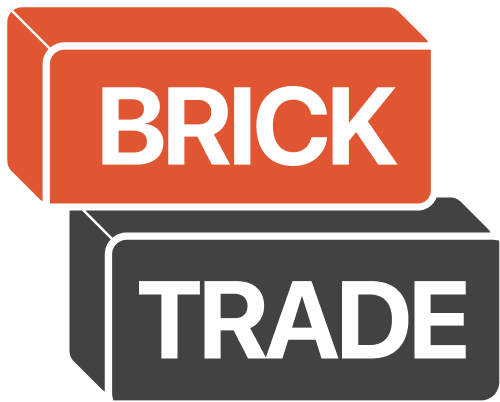In the fast-evolving landscape of investment, the emergence of cryptocurrency has sparked a global conversation about the nature of value and the future of financial transactions. Cryptocurrencies, with their decentralized nature and blockchain foundation, have introduced a new era of digital assets. However, despite their growing popularity, a significant concern among investors is the lack of tangible backing. Unlike traditional investments, such as stocks or bonds, which are often linked to physical entities or financial performance, cryptocurrencies do not have any real assets underpinning their value. This absence of tangible security means that investors are largely basing their confidence on market sentiment and the technology's potential, leading to heightened volatility and risk.
Merging Digital Wealth with Physical Security
Real estate tokenization presents a groundbreaking solution to this issue, offering a bridge between the intangible investment in cryptocurrencies and the stable, tangible world of real estate assets. By leveraging blockchain technology, real estate tokenization allows for the fractional ownership of property through digital tokens. This innovative approach not only democratizes access to real estate investment but also imbues cryptocurrency investments with the solidity of real-world assets.
A New Horizon for Investors
For the first time, investors can enjoy the flexibility and liquidity of cryptocurrency while also benefiting from the security and reliability of real estate. This fusion of digital and tangible investment realms creates a more balanced and diverse portfolio for investors, mitigating the inherent risks of cryptocurrency investments with the steady, often appreciating value of real estate.
Real Estate Tokenization: The Best of Both Worlds
The process of real estate tokenization involves converting property rights into digital tokens on the blockchain. These tokens represent a fractional share of the property, allowing investors to buy, sell, or trade these shares just as they would with cryptocurrencies. However, unlike pure digital assets, these tokens are directly linked to real estate, providing a concrete asset base that offers inherent value and security.
The Impact on Real Estate Transactions
Tokenization is set to revolutionize real estate transactions by making them more accessible, efficient, and transparent. The use of blockchain technology ensures that all transactions are secure and immutable, with a clear record of ownership. This not only reduces the risk of fraud but also streamlines the buying and selling process, removing many of the traditional barriers to real estate investment.
Conclusion
Real estate tokenization is an exciting development at the intersection of digital and tangible investment opportunities. It offers a compelling solution for investors looking to combine the high-growth potential of cryptocurrency with the security of real estate assets. As this innovative field continues to evolve, it promises to bring a new level of accessibility and diversity to the investment landscape, bridging the gap between the virtual wealth of cryptocurrencies and the physical security of tangible assets.
